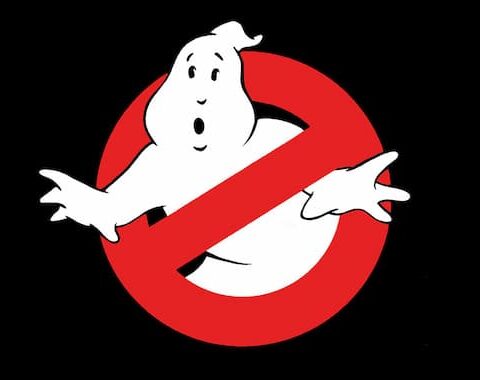As monumental a cinematic achievement as Avengers: Endgame was, one thing that definitely left me scratching my head on second viewing (and all subsequent ones) was trying to work out the implications of the time-travel elements of the plot.
And whether or not this key aspect of the storytelling actually holds up logically.
Not that the ‘time heist’ adventure in Endgame wasn’t a lot of fun; but there are always problems when one tries to resolve a complex plot via time travel. And Endgame seems to be no exception.
All the in-dialogue implications in the film seem to suggest that the various time-travel escapades we see in Endgame have had no detrimental effect on the MCU timeline we’re familiar with. We’re told that once Captain America returns all of the Infinity Stones back to the points in time they were stolen from, there should be no change to the timeline we’re familiar with.
Now, I wholly acknowledge that I may simply have failed to process or understand certain points in this film: but there are things in Endgame that feel like they contradict that idea.
Off the top of my head, here they are.
Firstly, if Steve Rogers goes back in time and lives out a different history – in which he gets together with Peggy Carter and plays out his lifespan to old age… isn’t that, by definition, an altered or alternate timeline?
And wouldn’t such a drastic alteration have serious impacts on the history we’re familiar with?
I get the idea that Cap’s key involvement in the events of the existing Captain America and Avengers movies remains the same – those things all still happened: and now Steve simply went back in time after the events of Endgame.
But does that mean there are TWO Steve Rogers’ living in the same timeline (after the original Cap is brought out of the ice at the end of Captain America: The First Avenger)…?
How does that work? And does this second Steve Rogers (or Old Man Rogers, as seen in Endgame) simply stay hidden for all those decades…?
Does he avoid doing anything Captain-America-ry that whole time? What does Peggy tell people? Does she hide him from everyone in her life?
Also, what is Steve Rogers’ lifespan? Assuming he’s at least in his twenties when he’s frozen in the ice in the original 1940s, then he must reach his thirties across the span of the Captain America and Avengers movies. Assuming he’s AT LEAST in his mid-thirties at the end of Endgame when he decides to go back in time (and if we assume he went back to either the late 1940s or early 1950s)… that would mean he lived an additional 60 or 70 years to bring him to that scene where he’s an old man chatting to Sam.
That would make him something like 100 years old or more – assuming (as everyone seems to) that all of the events of the pre-Endgame MCU still happened or still exist in this timeline.
Does that work?
It’s possible there’s a way this all makes sense – and that I’m just not seeing it. But it seems like Cap’s going back in time should have significantly altered history and the existing MCU timeline.
But that’s not the only issue.
Nebula kills her past self. She literally murders the 2014 version of herself. Should that not erase her from existence in the present?
When Tony and co go back in time to the events of the Battle of New York, Loki now manages to steal the cube and disappear from the action – thus presumably creating a new timeline in which he isn’t arrested and in which the subsequent events of Thor: The Dark World, Thor: Ragnarok and Infinity War (or at least Loki’s part in Infinity War) never happen.
I guess some of this might be addressed in the upcoming Disney-Plus Loki series: but putting that aside, it surely means Tony and co’s botched job has created an alternate timeline…?
The question is: is that alternate timeline now our existing MCU timeline? Or is it a DIFFERENT alternate timeline?
Not that any of these things take much away from the sheer cinematic triumph that is the Infinity Saga and Endgame: but they do raise questions.
At the very least, Endgame is a littler messier and less tidy that I might prefer. That’s the trouble with time-travel plots, as Tony rightly points out to Scott Lang when the “time heist” is first suggested.
X-Men: Days of Future Past is an example of the time-travel/timeline thing being done a little tidier, but even that film (and franchise) created questions and problems with its altered timeline issues.
I still love Endgame to bits: and plenty of my favorite films have potential plot-holes, continuity issues or logic-lapses in them – it’s just something we learn to tolerate. Still, you’d think that for a cinematic event as climactic and monumental as Endgame, some of these little pock-marks might’ve been avoided.




